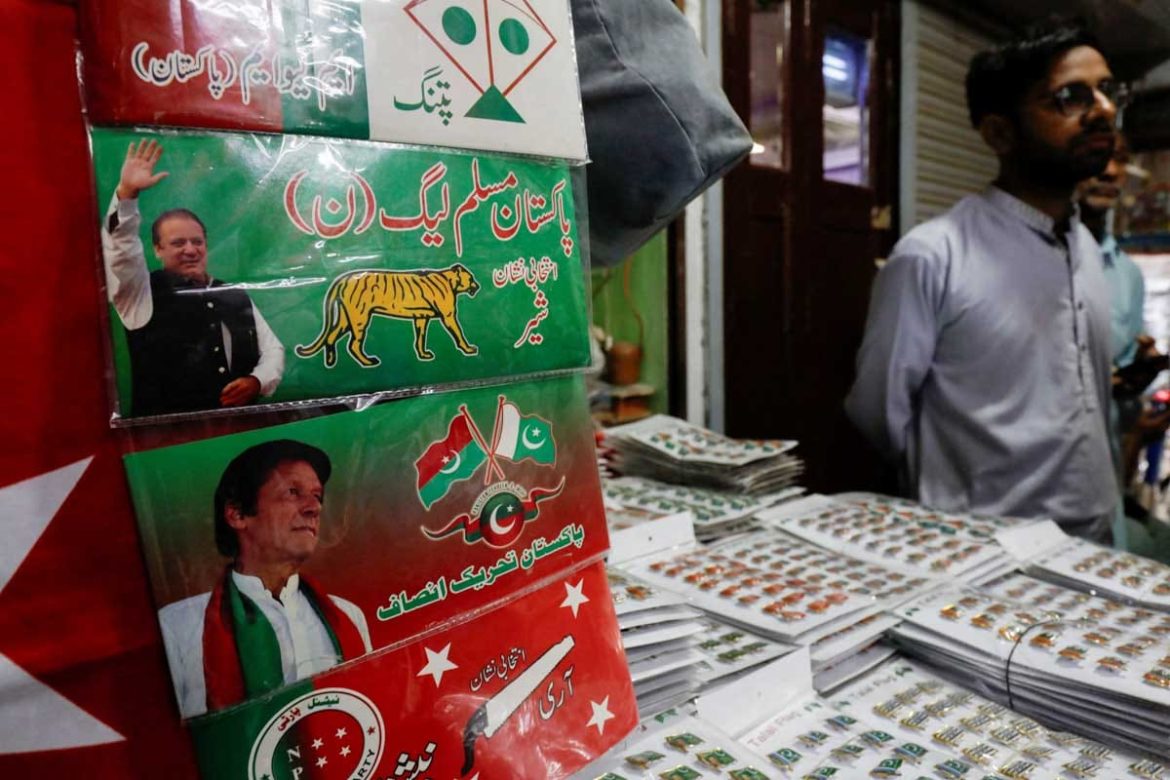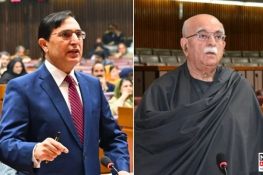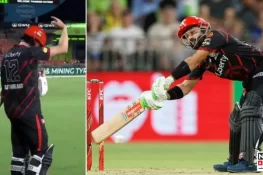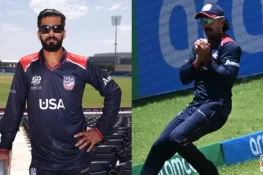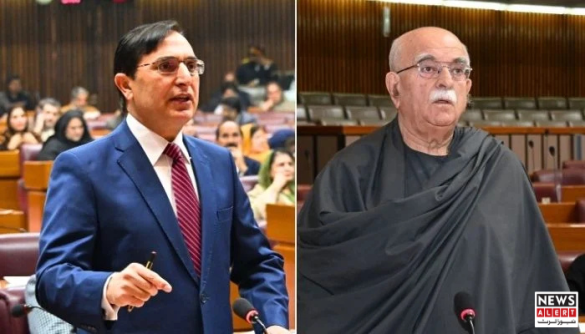PTI’s Strategic Decision on By-Elections
Pakistan Tehreek-e-Insaf (PTI), the party founded by former Prime Minister Imran Khan, has announced that it will contest all upcoming by-elections across the country. The decision was taken during a meeting of the party’s political committee, chaired by senior lawyer and constitutional expert Salman Akram Raja.
According to party insiders, the committee reached a consensus that PTI should not leave any political space unoccupied. Members agreed the party must remain fully engaged in electoral politics to ensure continuity of representation for its supporters.
This development comes at a time when PTI faces mounting legal pressures, with several of its key leaders disqualified, jailed, or under trial. Despite these challenges, the party leadership stressed the importance of demonstrating resilience and maintaining visibility on the political stage.
Candidate Selection and Internal Cohesion
During the meeting, participants also discussed the process of nominating candidates for seats vacated due to disqualification or sentencing of PTI lawmakers. It was decided that replacement candidates would be chosen in consultation with the outgoing members.
Party officials said this strategy aims to preserve internal unity and retain the trust of grassroots workers. A recent example of this approach was seen when Mishal Yousafzai secured a clear victory in the KP Senate by-election, reflecting PTI’s ability to mobilize support despite challenges. The committee believes involving affected members in candidate selection will prevent divisions and reinforce loyalty at the constituency level.
In recent years, PTI has witnessed several defections and rifts, particularly after the events of May 9, 2023, when violent protests broke out following Imran Khan’s arrest. Analysts note that ensuring internal harmony is now critical for the party’s survival and effectiveness in elections.
Debate Over the Opposition Leader’s Role
Another major point of discussion was the nomination of the Leader of the Opposition in the National Assembly. The political committee recommended delaying a final decision until ongoing court cases are concluded.
Sources said several members expressed reservations about the possible nomination of Mahmood Khan Achakzai, the veteran Pashtun nationalist leader allied with PTI in recent months. They argued that the position should ideally go to a PTI member to safeguard the party’s core identity.
The committee emphasized that rushing into an appointment could create legal and political complications. By waiting for judicial clarity, PTI hopes to strengthen its bargaining position within parliament.
PTI’s Political Calculations
PTI’s renewed focus on by-elections signals its intent to stay politically relevant despite setbacks. With Imran Khan serving a prison sentence and barred from contesting elections, the party faces the dual challenge of keeping its voter base motivated while navigating a hostile political environment.
Observers note that the by-elections will serve as an important test of PTI’s organizational strength. The outcome will also indicate whether the party can still mobilize public support in the absence of its charismatic founder.
Wider Political Context
By-elections in Pakistan often serve as mini-referendums on the government’s popularity. The current coalition government, led by the Pakistan Muslim League-Nawaz (PML-N) and its allies, is under pressure to stabilize the economy, curb inflation, and manage relations with the military establishment.
For PTI, contesting every seat is not only about securing parliamentary presence but also about sending a message to its voters: that the party remains a key player in national politics.
Analysts suggest the strategy could help PTI maintain momentum ahead of the next general elections. However, much will depend on whether its candidates can campaign freely, given ongoing crackdowns and legal restrictions.
Looking Ahead
In conclusion, PTI’s decision underscores its determination to remain engaged in Pakistan’s democratic process despite adversity. By focusing on candidate selection, internal unity, and parliamentary strategy, the party hopes to rebuild confidence among supporters.
The coming months will reveal whether this approach can translate into electoral gains or whether legal hurdles and political opposition will further weaken the party’s standing.

